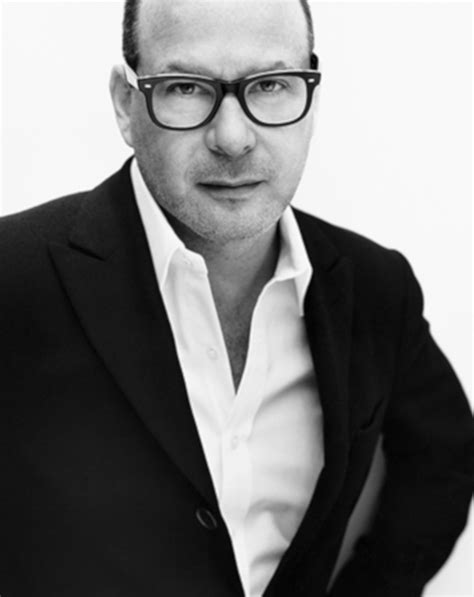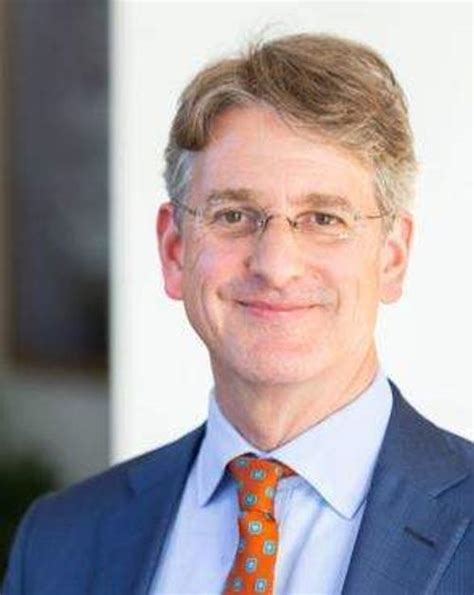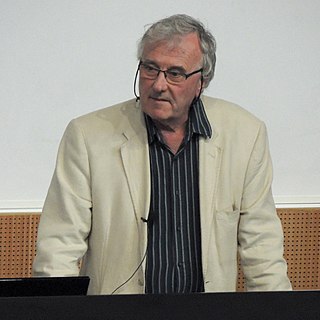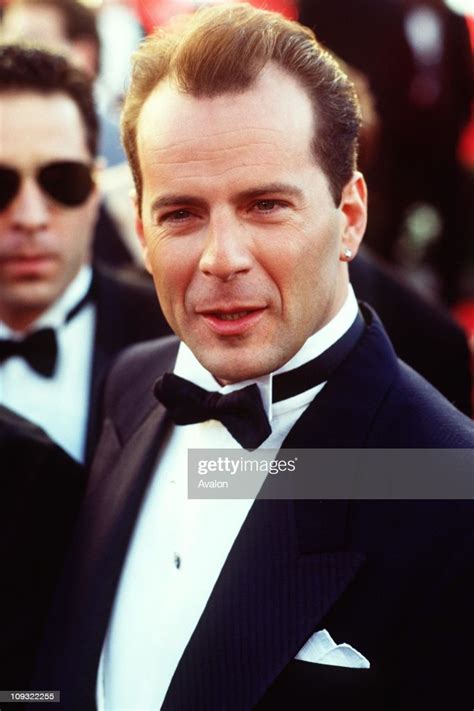A Quote by Frank Gehry
You never build the perfect building. Only Allah is perfect. Life is such. You make decisions on conclusions, then some guy invents something else and the world changes. That's comforting. There's no one way to use museums, no one way to do art. That also means there is no one way to build museums.
Related Quotes
I personally have never trusted museums. ... It is because museums, broadly speaking, live off of the art and artifacts of others, often art and artifacts that have been obtained by dubious means. But they also manipulate whatever it is they present to the public; hence, until Judy Chicago, in the 1970s ... few women artists were hung in any major museum. Indian artists? Artifacts only, please. Black artists? Something musical, maybe? And so forth.
I think people like difference. When you walk out the door in New York City, in a mixed-use neighborhood like the Village, you see exciting things! "Oh, this store is closing, that store is opening." And especially if it's not a chain store, then it is interesting because it is unique in some way. The small-scale familiar is also very comforting. Especially in the twenty-first century, when the world is rapidly changing and there are many risky situations, I think we need to build on and protect the comfort that we have in our neighborhoods in a way that does not exclude others.
The bottom line is that (a) people are never perfect, but love can be, (b) that is the one and only way that the mediocre and the vile can be transformed, and (c) doing that makes it that. Loving makes love. Loving makes itself. We waste time looking for the perfect lover instead of creating the perfect love. Wouldn't that be the way to make love stay?
Fashion has been collected and exhibited for many years. People were picking up clothing of famous individuals, like Marie Antoinette's shoe or Napoleon's hat. That part of the resistance to having fashion in museums had to do with it being associated with femininity, and with the female body. Yet, as early as the 18th century, some people were recognizing that just as you collected art, you, might think about collecting fashion for museums, because it would provide insight into the way people thought about their lives and, and the way they envisioned themselves.
The great proliferation of museums in the nineteenth century was a product of the marriage of the exhibition as a way of awakening intelligent interest in the visitor with the growth of collections that was associated with empire and middle-class affluence. Attendance at museums was as much associated with moral improvement as with explanation of the human or natural world.
Being a bigger person, whether you're male or female, in entertainment, it can hurt your chances. Because people look to you to be a so-called superstar. Perfect body, perfect figure, good looking, and smart. And larger people, we have to fit in anywhere we can and the best way we can, so to speak. The way the world looks at you at being perfect, and nobody's perfect.
The way we get past capitalism is by building on the healthy non-capitalist aspects of our world while we also do pitched battle with the capitalist ones that we have a fair chance of winning against. In that way we build a better world and shrink the destructive capitalist practices that are part of the social fabric.








































